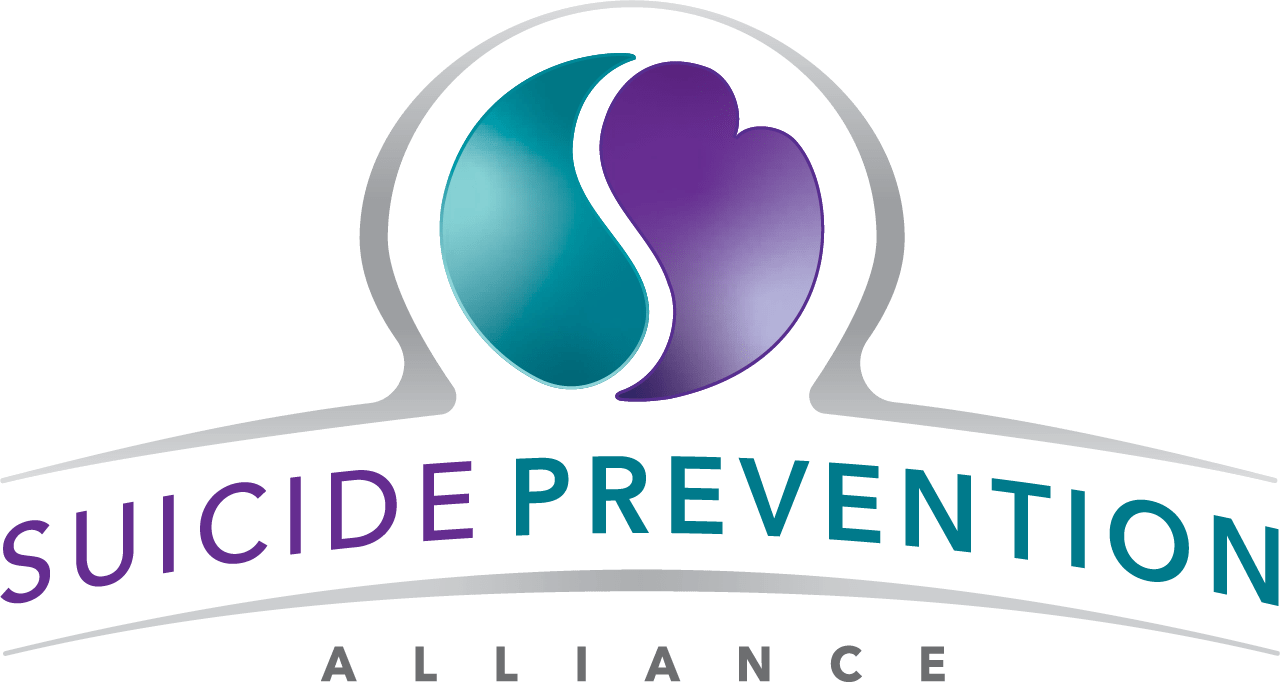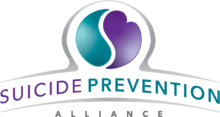The power of voice, the power of speaking out, and the power to be heard. With the stigma surrounding suicide, often-times voices who need to be heard are silent or ignored. Individuals having thoughts of suicide feel afraid and anxious to reach out for help. Then there are those who have lost loved ones and friends to suicide and have nowhere to reach out to. In each case, by reaching out, most people are afraid of being judged. Whether you lost someone to suicide or are suicidal, fear of being judged can be a barrier to seeking help.
Our mission in the Suicide Prevention Alliance is to ensure that these voices are heard, and that change is needed. We have to speak out for those who can’t speak, some because they died by suicide, or others that are just afraid to reach out and get help.
What can we do?
USE YOUR VOICE! USE OUR COLLECTIVE VOICES.
1) Get Educated!
The more we know about the facts concerning suicide, the more we are able to speak competently about it.
Things you should know…
the latest statistics (locally and national),
Suicide Language,
Risk Factors and Warning Signs,
evidenced-based trainings (QPR, ASSIST, etc)
2) Communicate your wants and needs!
What do you want to accomplish? While using your voice, it is not just telling people that something must be done with the high rate of suicide in your community, it is telling those who can help what your specific needs are (e.g., Support Groups for loss survivors and attempt survivors, Suicide Prevention trainings and conferences, Awareness materials, gun locks, county and state plans (not just to have a plan but ensuring that they follow through as well), county task forces)
3) Using Social Media
Use social media after you become educated concerning Suicide Prevention. Social media can be a great communicator for awareness and knowledge concerning suicide prevention. Social media can also be a great deterrent if you are using opinion over facts.
4) Know Resources
If you are going to use your voice, be prepared that people may come to you who may be having thoughts of suicide. Know where to refer them to (National Suicide Prevention Lifeline (800-273-8255) and the Crisis Text Line (TEXT 741741) and/or your local crisis hotlines. You can also find out, possibly from your local task forces, who are good mental health clinicians in your area to help individuals who are thinking about suicide or those who have lost a loved one to suicide.
5) Sharing your Story
If you have been affected by suicide (whether you have attempted or lost someone to suicide), sharing your story with others can be uplifting and extremely powerful. Your story can be shared by writing, video, or at your local support group. Your story of your hope and healing has the power to help others through a crisis and dispel stigma and myths about suicide.
Before sharing your story, we recommend you use the guidelines of the National Suicide Prevention Lifeline Storytelling for Suicide Prevention Checklist.
6) Call/Write your State and Federal Legislators
We know that State and Federal legislation can make a huge difference in suicide prevention. Legislation can provide policies, mandate or encourage training, increase awareness, establish suicide prevention programs within public health programs, and also mandate data collection. We can all make a difference by visiting or writing your local, State, or Federal Representative and tell them that change is needed within your community.
Here are some tips for writing to maximize your effectiveness when corresponding with legislators:
Writing a personal letter, rather than a form letter will make a better impression on your legislator. Include your name, address, and phone number in your letter and ask for a response from your legislator. Indicate that you would appreciate a reply from his/her position on the issue. Always be courteous and focused on the issue that you are writing about. Legislators will usually respond to their constituents.
Be Specific – Your objective to your letter should be stated in the first paragraph. If your letter indicates a specific piece of legislation, please be sure to identify it by its Bill Number and topic.
Address your legislator properly and begin your salutation with “Dear Senator [last name]" or “Dear Representative [last name].” Always address the envelope with “The Honorable [full name of legislator]."
If you want to telephone your legislator, you can locate your state legislator online at www.legis.state.pa.us. When calling, identify yourself by stating your name in the letter and/or the organization that you represent and the town where you live. Again, state why you are calling. If the legislator is not available, state that you want to leave a message. Take down the name and title of whomever you speak with and ask for a written or phone call concerning your issue. Always be courteous to staff or whomever you are talking to.
Don’t assume your legislator is an expert on the issue. Be prepared to educate him/her on the issue. You can also give personal or local examples in your explanation.
Offer your legislator, and/or his/her designee, to attend a suicide prevention training (for free) to find out more information concerning the problem of suicide among his/her constituents.
Encourage others to write their own individual letters and phone calls to your legislator to indicate that suicide is a continuing ongoing problem within your community. One voice is okay, but many voices will show the impact that suicide can cause.
Remember - Suicide prevention is NOT a partisan issue. Suicide affects all of us no matter which party you support. Everybody wins if the right legislation, policies, funding, awareness, or anything else is done for suicide prevention. If done right, using your voice can and will certainly save lives within your community.

Additional Information
Who We Are
Suicide Prevention Alliance is a 501(c)3 nonprofit organization that helps people who are in need of preventative suicide assistance
